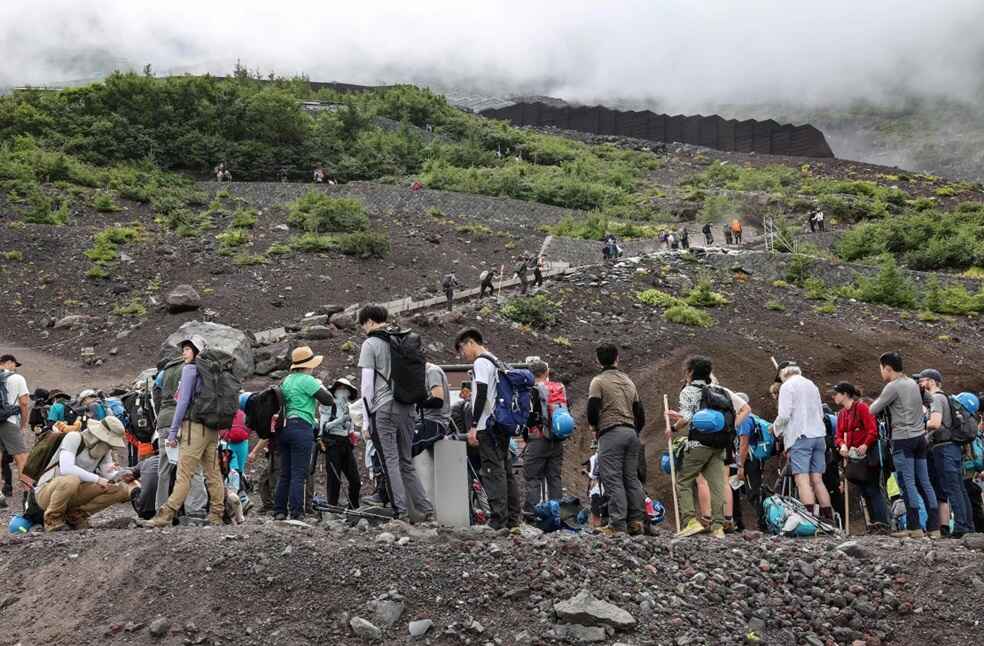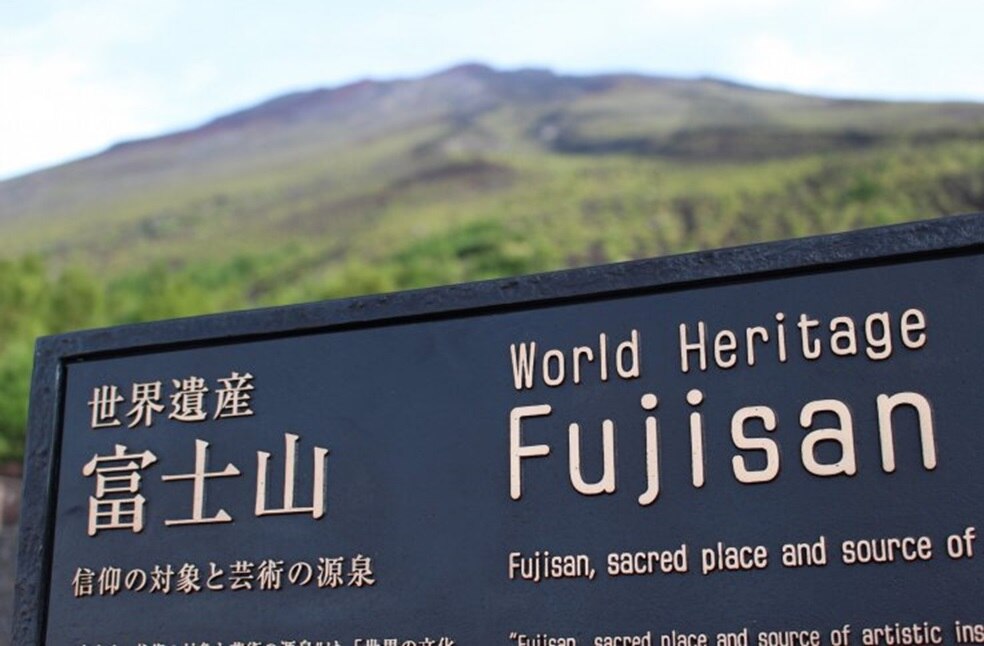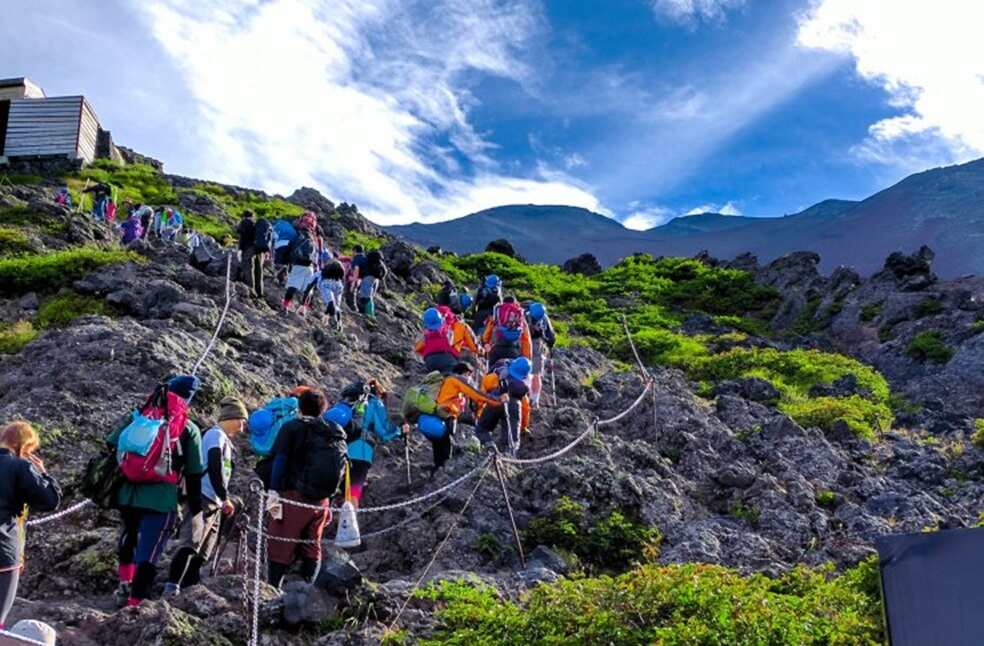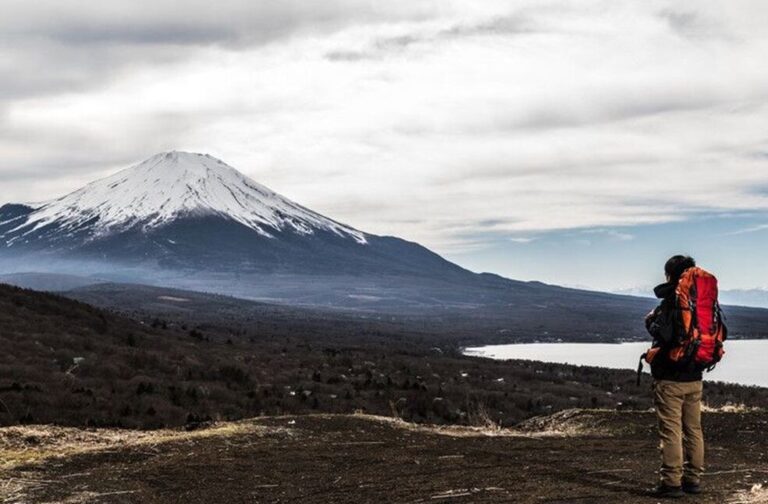Japan: Mount Fuji, a UNESCO World Heritage site and iconic symbol of Japan, has introduced new regulations for climbers to address overcrowding concerns.
Starting today, Climbers must pay a 2,000 yen ($12.40) fee per person, with a daily cap of 4,000 climbers.

Koutaro Nagasaki, governor of Yamanashi Prefecture commended that, “By strongly promoting comprehensive safety measures for climbing Mount Fuji, we will ensure that Mount Fuji, a treasure of the world, is passed on to future generations.”
Nagasaki also emphasised the importance of reviving traditional mountain climbing from the foot of Mount Fuji, linking it with the Fuji-ko and Oshi cultures that historically supported Mount Fuji worship. Fuji-ko is a religion specific to the mountain.

The new regulations aim to tackle issues such as human traffic jams, littering, and inappropriately attired hikers. There will be new guides on and around the trails to manage safety, including prohibitions on sleeping by the trail, starting fires, and wearing unsuitable clothing.
In 2019, five million people hiked Mount Fuji, up from two million in 2012. “Overtourism and all the subsequent consequences like rubbish, rising CO2 emissions, and reckless hikers is the biggest problem facing Mount Fuji,” remarked Masatake Izumi, a Yamanashi prefectural government official.

The new rules currently only apply in Yamanashi Prefecture, where the more popular hiking trails are located. Shizuoka Prefecture, which hosts part of Mount Fuji, has not yet implemented any similar regulations.
Governor Nagasaki said that he would meet the governor of Shizuoka at the end of the climbing season to discuss the impact of the new measures.



